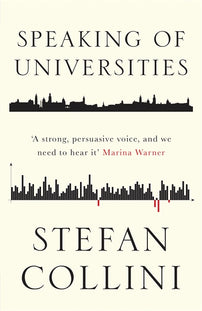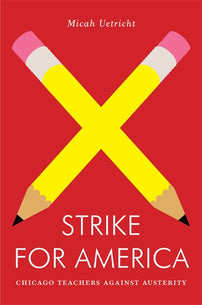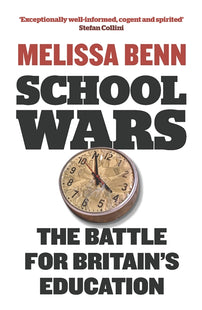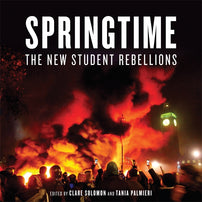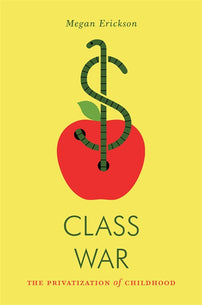Fee Strike?
A brief attempt to think critically about the potential of a student "fee strike" to run alongside the University and College Union strike.

First published at Critical Legal Thinking.
The University and College Union (UCU) is going on strike. Following the refusal of the employer’s association (Universities UK – the UUK) to negotiate on their proposed cut to pensions, the UCU balloted members and 88% voted in favour of strike action. Barring a massive volte-face by the UUK, lecturers from 61 of the oldest Universities will walk out of classrooms, stop marking, leave committee meetings and libraries for at least 14 days this semester, and more after that if the UUK does not begin to negotiate.
Usually students are relatively passive bystanders in such strikes. But what if they could use the lecturer’s strike to their advantage? What if students demanded that Universities should repay them the fees for the modules that do not run, or for the assessments that are disrupted? Could they use this to shorten the coming Lecturers’ strike and restart the resistance to the university fees and cuts to Education Maintenance Allowance? This is a brief attempt to think critically about the potential of a student "fee strike" to run alongside the UCU strike that will begin on Feb 22.
A fee strike is simple for the vast majority of students. It would entail them demanding the return of some or all of their student fees for the period of the strike. This might mean a reduction in their overall debt, or the return of money to the students directly. At the same time this tactic would also increase the costs of a Lecturer’s strike for Universities. Lecturer strikes make little or no difference to the University’s bottom line. In fact, Universities save significantly on the wages of those on strike. So a fee strike would increase University costs, thereby strengthening the bargaining position of the union. In turn this might encourage better conditions for students by ensuring their lecturers were less frazzled, overburdened, and stressed.
The danger of such a demand, however is that it encourages students to think about their time at university in purely commodified terms. They would be demanding the return of moneys paid because a full "service" had not been delivered by the University. This is not just supporting the commodification of education, but encouraging students to struggle for a commodified education. This is a cruel optimism, encouraging students to desire the object (the return of some fees) that confirms the system that harms them most (the fees structure/commodified education itself).
However, the true potential of a fee strike is to be found in its broader political possibilities. Student fees have largely become part of the higher education furniture. Since the student protests tailed off after the passing of the Higher Education Act in December 2010, there has been little more than the occasional blip of anti-fees agitation. Certainly nothing has captured the imagination of students in the same way as the anti-fees campaign. If organised on a political level, the fee strike might relight this fuse. The lecturer’s strike is an interesting moment because students are idle, precisely at the moment that they want to be occupied. We can be sure that for many this will give rise to anger: the most political of affects. A fee strike gives direction to that anger by re-opening the question of student fees. It shifts students from being the passive vicitms of a disagreement between lecturers and their management, to becoming the centre of political attention.
Could a fee strike bring tens of thousands of students back onto the streets each week? If it did, it would connect the question of student debt with the growing demands for intergenerational justice. In this sense the fee strike would be a broader political intervention rather than simply the contractual demand for a refund. A political strike would force Universities and the government to justify the social utility of students becoming massively indebted. It might push us beyond the current impasse and refocus the debate on the function of higher education in relation to taxation and the social state. And perhaps most importantly, a political strike is an education in political power.
Dr Illan rua Wall is an Associate Professor in the Warwick Law School. He is an editor of criticallegalthinking.com and author of various works of political theory, human rights, and resistance.
[book-strip index="1" style="display"]